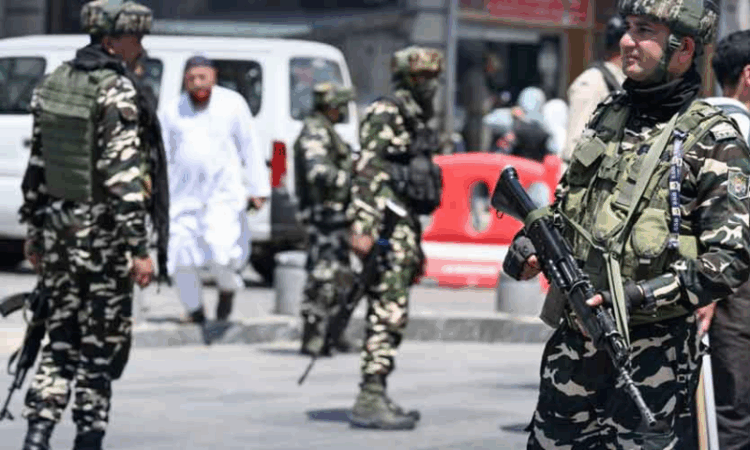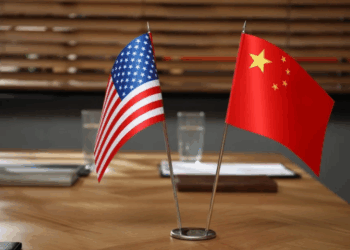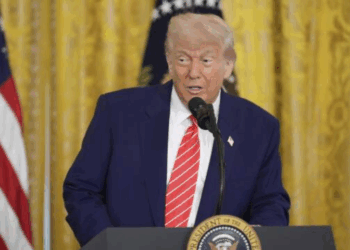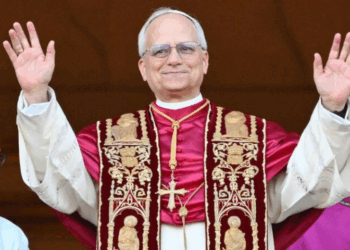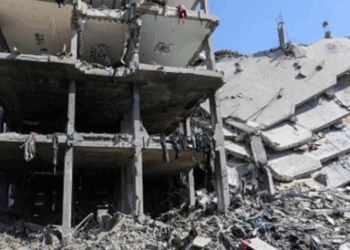New Delhi, April 29, 2025: The Indian Army is grappling with a leadership crisis and internal unrest following the controversial Pahalgam incident, which insiders have labelled a “failed false flag operation.” The Modi government’s abrupt dismissal of Lieutenant General M.V. Suchendra Kumar, the chief of the Northern Command, has triggered widespread unease within the military ranks, particularly in the volatile Jammu and Kashmir region.
Lieutenant General Pratik Sharma, formerly the Army’s Deputy Chief of Staff (Strategy), officially assumed command of the Northern Command on April 28. His appointment comes amid mounting criticism over security failures that led to the April 22 attack in Pahalgam, where 26 civilians were killed—marking one of the deadliest incidents in the region in decades.
Government sources say Lt Gen Kumar was removed due to what was perceived as an intelligence and operational lapse. However, high-level military insiders suggest his removal was prompted by his opposition to retaliatory military action against Pakistan, an approach that reportedly clashed with the Modi administration’s more aggressive posture in the aftermath of the attack.
His dismissal has stirred discontent within the officer corps. Many believe he is being used as a scapegoat for a broader strategic failure, with internal conversations hinting at discomfort over a potential escalation that may have been politically motivated.
Shortly after assuming command, Lt Gen Sharma held a meeting with senior officers and troops at Somnath Hall in Srinagar. According to eyewitness accounts, the session was marked by unease and pointed questions. One officer asked, “With all our assets, how was such an attack allowed to happen?” Another questioned the safety of cantonments should hostilities escalate.
The lack of convincing answers reportedly deepened existing distrust and psychological stress among the troops stationed in one of India’s most sensitive military zones.
The change in command has further strained morale in the Indian Army, with reports of internal dissent and disillusionment surfacing among field officers. The perception that Lt Gen Kumar was removed for resisting political pressure has raised questions about the autonomy of military decision-making and civil-military relations under the current administration.
Simultaneously, public sentiment in Indian-occupied Jammu and Kashmir is said to be growing increasingly hostile. Muslim communities across the region have expressed outrage over the handling of the Pahalgam tragedy, with demonstrations reportedly taking place in several districts.
A decorated officer, Lt Gen Sharma has over 35 years of operational experience and has held key roles including Director General of Military Operations and Director General of Information Warfare. He has participated in major campaigns such as Operations Pawan, Meghdoot, Rakshak, and Parakram. However, he now faces perhaps his toughest challenge—restoring cohesion within a force grappling with low morale and fractured trust.
His appointment comes amid escalating tensions between India and Pakistan. In response to the Pahalgam attack, India has launched a series of diplomatic and economic measures, including suspending the Indus Waters Treaty, halting visa issuance for Pakistani nationals, and closing the Wagah-Attari border crossing.

